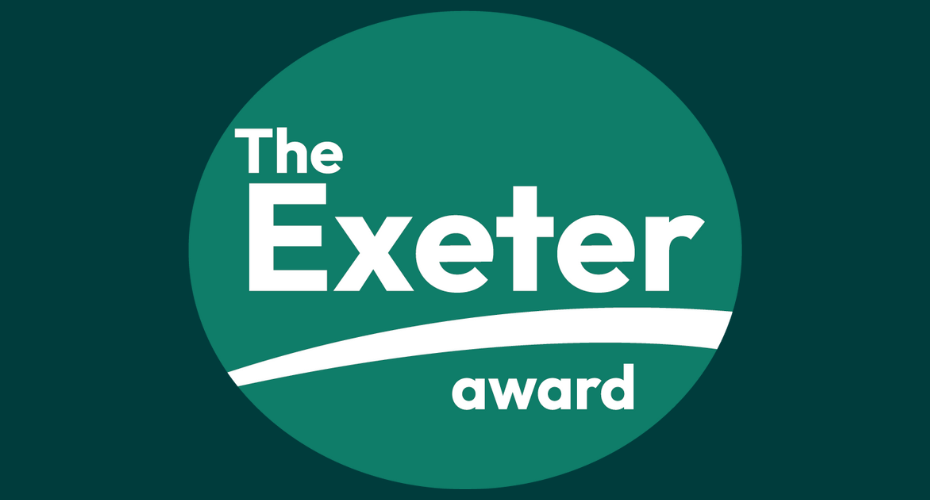
Grand Challenges Week counts towards the volunteering hours for the Exeter Award.
What is Grand Challenges?
What is Grand Challenges?
Grand Challenges is a project week, in which you will work in interdisciplinary groups with other like-minded students to design innovative solutions to real world challenges. Top academics and invited speakers will share their views and help you apply your skills and knowledge to a real-life problem. You will further develop your transferable skills including team work, presentation skills and project planning.
What do I get?
An innovative University led introduction to a topic outside of your degree
Grand Challenges provides you with the opportunity to immerse yourself in something completely different and broadens your knowledge of a topic you would like to learn more about. The Challenges are all designed in a way so that there is no requirement for previous knowledge or understanding of the topic.
The opportunity to develop a wide range of transferable skills
Grand Challenges gives you a platform to develop a wide range of transferable skills, which will increase your confidence and enhance your employability prospects. You will have the opportunity to develop skills in many areas including teamwork, communication, public speaking, interdisciplinary working and time management.
The potential to make a real world impact
Grand Challenges allows you to work with other students who are passionate about the same issues to try to make a difference. You have the freedom to carry out a project at a level where you are able to make a real world impact. The University encourages this by supporting you to continue your projects following Grand Challenges Week.
The opportunity to make new friends
You will be working with people who are passionate about the same topic as you, and so Grand Challenges is a great way to meet new like-minded people.
Recognition of your achievements
On completion of Grand Challenges, you will receive a certificate, and your participation in the programme will be recorded on your University of Exeter degree transcript. Grand Challenges Week can also be used towards your volunteering hours for the Exeter Award.
Students from Partner universities will receive an electronic certificate following completion of the programme.
What will I do?
Carry out an innovative project in a team
The main purpose of the week is to carry out a student-led project which addresses an aspect of your Challenge. In your interdisciplinary team, you’ll define a problem that you’d like to address and come up with an idea for tackling the problem. Due to the flexibility of the programme, you can choose to focus on the issues and questions that you are most passionate about. You’ll be supported in this process by postgraduate facilitators.
As part of your project, you will produce one or more creative outputs to display your work. Examples of previous outputs are a poster, a video, a campaign, a website, a blog, a report, a ministerial submission, the prototype or design for an app, a game, an educational programme, and a proposal document. The projects page shows examples of what students produced in 2018.
Hear from inspirational experts
There will be a series of timetabled lectures for each Challenge, led by academics and external experts at the forefront of their field. These are designed to educate and inspire the project you’re carrying out during the week. Visit the 'Experts involved' page for a list of individuals and organisations who have previously been involved with Grand Challenges. You may also have the opportunity to take part in interactive workshops or events which will further enrich your experience.
Present your work
On Friday morning, you will deliver a presentation to academic experts and other students on your Challenge. For some Challenges, there will also be some industry experts in the audience. On Friday afternoon, you will exhibit your work at a showcase in the Forum, attended by all Grand Challenges students, University staff and members of the public.

